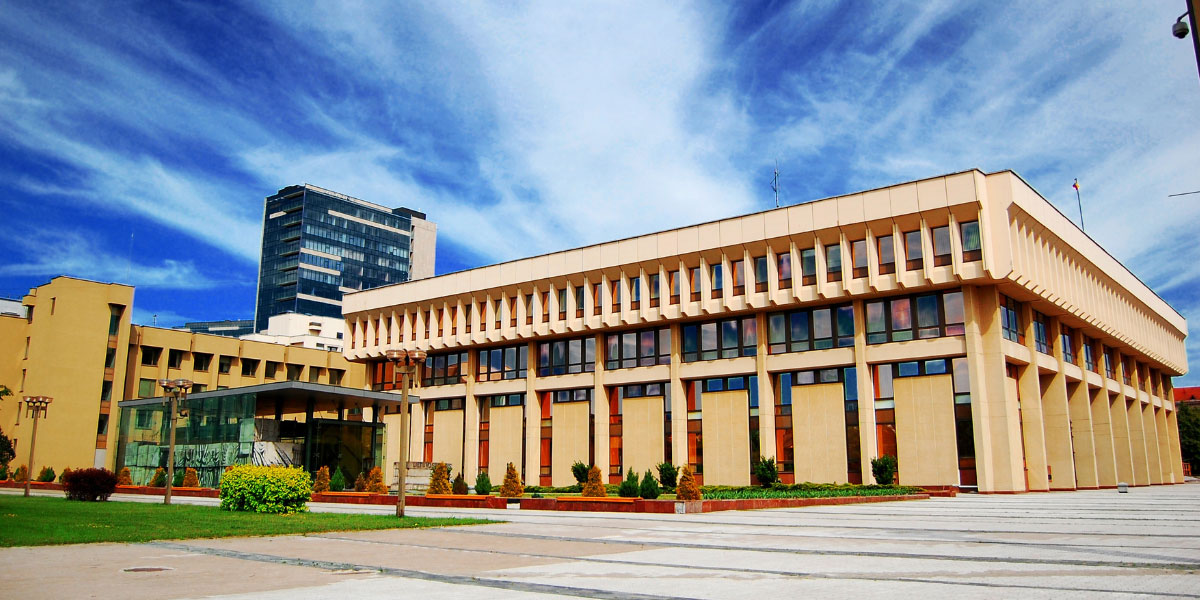Lithuania’s Government approved the tax law amendments proposed by the Ministry of Finance. These were updated after the Ministry reviewed suggestions from more than 200 associations, individuals, lobbyists, and institutions. Compared to the initial draft, changes have been made to the personal income tax (PIT), real estate tax, and excise duty proposals.
This announcement was made by Lithuania’s Ministry of Finance on Wednesday, 14 May 2025.
Prime Minister Gintautas Paluckas stated that growing needs for defence and improved public services—such as healthcare, education, social protection, and other everyday areas—require increased and sustainable funding, which cannot be achieved without a more efficient, socially just, and solidarity-based tax system.
“These changes are designed with that in mind and have been discussed and refined with social partners. I can assure you that they will not affect vulnerable groups in society and will not significantly alter our business environment or competitiveness,” said G. Paluckas.
Proposed changes to PIT, Health insurance, and excise duties
In response to feedback during consultations, it is proposed that certain income types—such as shares held for over 10 years, life insurance and pension payouts, and sickness, maternity, childcare, and long-term employment benefits—continue to be taxed at the current 15% personal income tax rate, similar to dividends.
It is also proposed that all individual income exceeding 60 average monthly wages (AMW) be taxed at a 32% rate (dropping the initially proposed 36% rate for income over 120 AMW), maintaining incentives to attract highly qualified professionals.
Regarding employer-paid voluntary health insurance premiums, the scope of the tax exemption is to be narrowed: only the employee benefit exceeding EUR 350 per year will be considered taxable income. However, employers will still be able to deduct the full cost of such premiums from their taxable profit.
To support public health goals, it is proposed to apply excise duties on sweetened beverages that contain added sugars exceeding 2.5g per 100ml or contain sweeteners. The duty will be based on the sugar content, without distinguishing between beverage categories. Drinks containing only natural sugars (e.g. from fruit or milk) will not be subject to the excise.
Approval of Real Estate Tax Proposals
“The issue of real estate tax has sparked the most public debate and proposals. Several suggestions were made, and following discussions, we now have a compromise acceptable to most groups in society,” emphasised Finance Minister Rimantas Šadžius.
It is proposed to tax an individual’s non-commercial real estate differently by distinguishing between the main residence and other non-commercial real estate.
For the main residence, municipalities will be given the right to determine the tax-free threshold and set their own tax rate between 0.1% and 1%.
According to R. Šadžius, during discussions with local government leaders, a mutually acceptable compromise was reached: municipalities, being most familiar with their residents, will set appropriate tax rates for main residences based on two key criteria—the owner’s economic and social status and the taxable value of the property.
It was also decided to retain a 50% tax credit and 75% for families with multiple children or children with disabilities) for the part of a main residence’s value not exceeding EUR 450,000.
The proposed tax brackets for the remaining non-commercial real estate (until 2030) are:
- 0% for value up to EUR 20,000
- 0.1% for value from EUR 20,001 to EUR 200,000
- 0.2% for value from EUR 200,001 to EUR 400,000
- 0.5% for value from EUR 400,001 to EUR 600,000
- 1% for value exceeding EUR 600,000
The real estate tax paid on a main residence would be allocated to the municipal budget, while tax on other property shall go to the Defence Fund.
Importantly, in response to arguments about the liquidity of agricultural real estate, the tax proposal package was supplemented with a provision to exempt, for five years, real estate used in agricultural activities (by both legal entities and individuals) from tax following the cessation of such activities—provided the property was used to generate income from agriculture prior to that.
If adopted by the Seimas, the tax law amendments will come into effect on 1 January 2026.
Earlier, the Lithuanian Ministry of Finance announced tax measures, on 16 April 2025, which proposed raising the standard corporate income tax rate (CIT) from 16% to 17% and the reduced rate from 6% to 7%.














